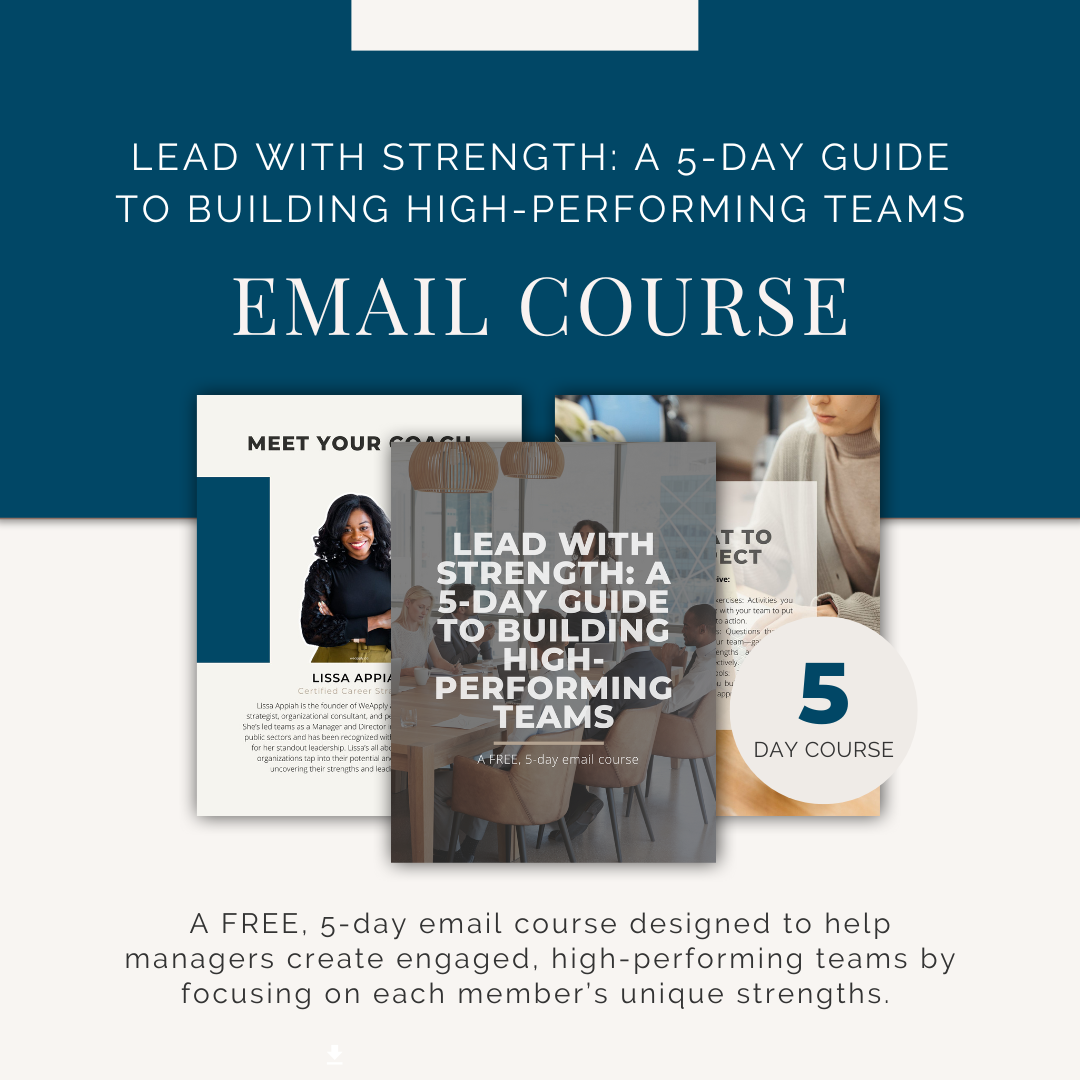Wondering what the common types of interview questions are and how to prepare for them? Job interviews can come in many different forms, and understanding the different types of questions you might be asked can help you prepare and feel more confident during the process. Here, we’ll look at three common types of job interview questions: traditional, behavioral, and situational.
Traditional Types of Interview Questions
The most common type of interview question, traditional questions focus on your experience, skills, and qualifications. These questions are designed to help the interviewer compare candidates and fairly evaluate them against the job description. To answer these questions, it’s important to think about how you will speak to your experience and skills, as well as how your qualifications match what the employer is looking for.
10 Examples of Traditional Job Interview Questions:
- Can you tell me about yourself?
- What are your strengths and weaknesses?
- Where do you see yourself in five years?
- Why do you want to work for our company?
- What is your greatest professional achievement?
- Describe a challenging situation you’ve faced at work and how you handled it.
- How do you handle stress and pressure?
- What is your preferred work style and environment?
- Why did you leave your previous job?
- What do you know about our industry?
Behavioral Types of Interview Questions
Behavioral-style interviews are designed to gauge how you’ve handled situations in the past. The idea is that your past behavior can predict future behavior and how you’ll act in a new job. You may be asked open-ended questions like “Tell me a time you did X or Y” or “Give me an example of when you’ve faced a challenging client.” To prepare for these types of questions, consider using the SAR response method (Situation, Action, Result) or CARL (Challenge, Action, Result, Learning) to structure your answers and provide specific examples of your skills.
10 Examples of Behavioral Job Interview Questions:
- Can you give an example of a time when you had to work as part of a team to achieve a goal?
- Tell me about a situation where you had to resolve a conflict with a coworker.
- Describe a time when you had to adapt to a significant change in your work responsibilities.
- Share an experience when you had to meet a tight deadline and how you managed it.
- Give an example of when you demonstrated leadership skills.
- Tell me about a situation in which you had to use your problem-solving abilities.
- Describe a time when you made a mistake at work and how you handled it.
- Can you provide an instance where you had to communicate complex information to a non-technical audience?
- Share a situation where you had to deal with a difficult customer or client.
- Describe a time when you had to prioritize tasks and manage your time effectively.
Situational Types of Job Interview Questions
Situational questions focus on the future and evaluate candidates on how they would handle hypothetical situations based on real, job-related occurrences. These interviews may still be conversational and may ask questions such as “What would you do if…” or “How would you handle…” To prepare for these types of questions, consider using the SAR or CARL response method to guide your responses.
10 Examples of Situational Job Interview Questions:
- What would you do if you were given a project with an unrealistic deadline?
- How would you handle a team member who is not meeting their performance expectations?
- Imagine a scenario where a key client is dissatisfied with our product. How would you address their concerns?
- If you were the manager and discovered an employee engaging in unethical behavior, what steps would you take?
- Suppose you’re working on a project with conflicting requirements from different stakeholders. How would you prioritize their needs?
- How do you handle a situation where you disagree with your supervisor’s decision?
- If you were tasked with introducing a new product to the market, what would your strategy be?
- Imagine a situation where a team member is resistant to change. How would you convince them to embrace it?
- How would you handle a situation where you suspect a coworker of stealing company resources?
- Suppose you were managing a remote team, and one team member consistently missed deadlines. What steps would you take to address this?
Understanding the different types of job interview questions can help you prepare and feel more confident during the interview process. Remember to practice your responses using the SAR or CARL method for behavioral and situational questions. Also, check out these End of Interview Questions you should ask!
Are you looking to work with a certified career coach to prepare for your next interview? WeApply provides interview preparation sessions that include a mock interview session, done-for-you company/role research and a list of potential interview questions. Book your Career Strategy Power Session here.


